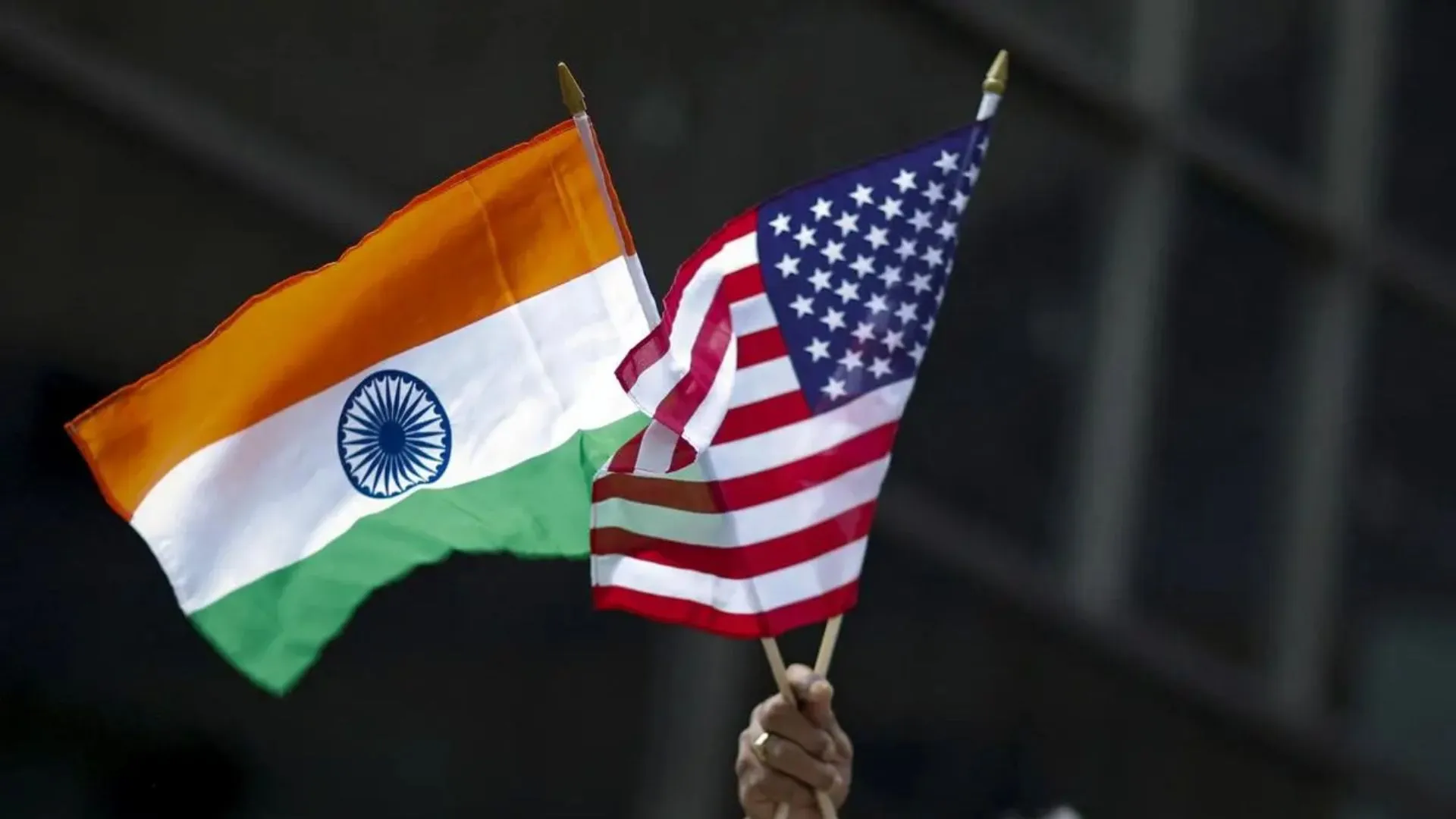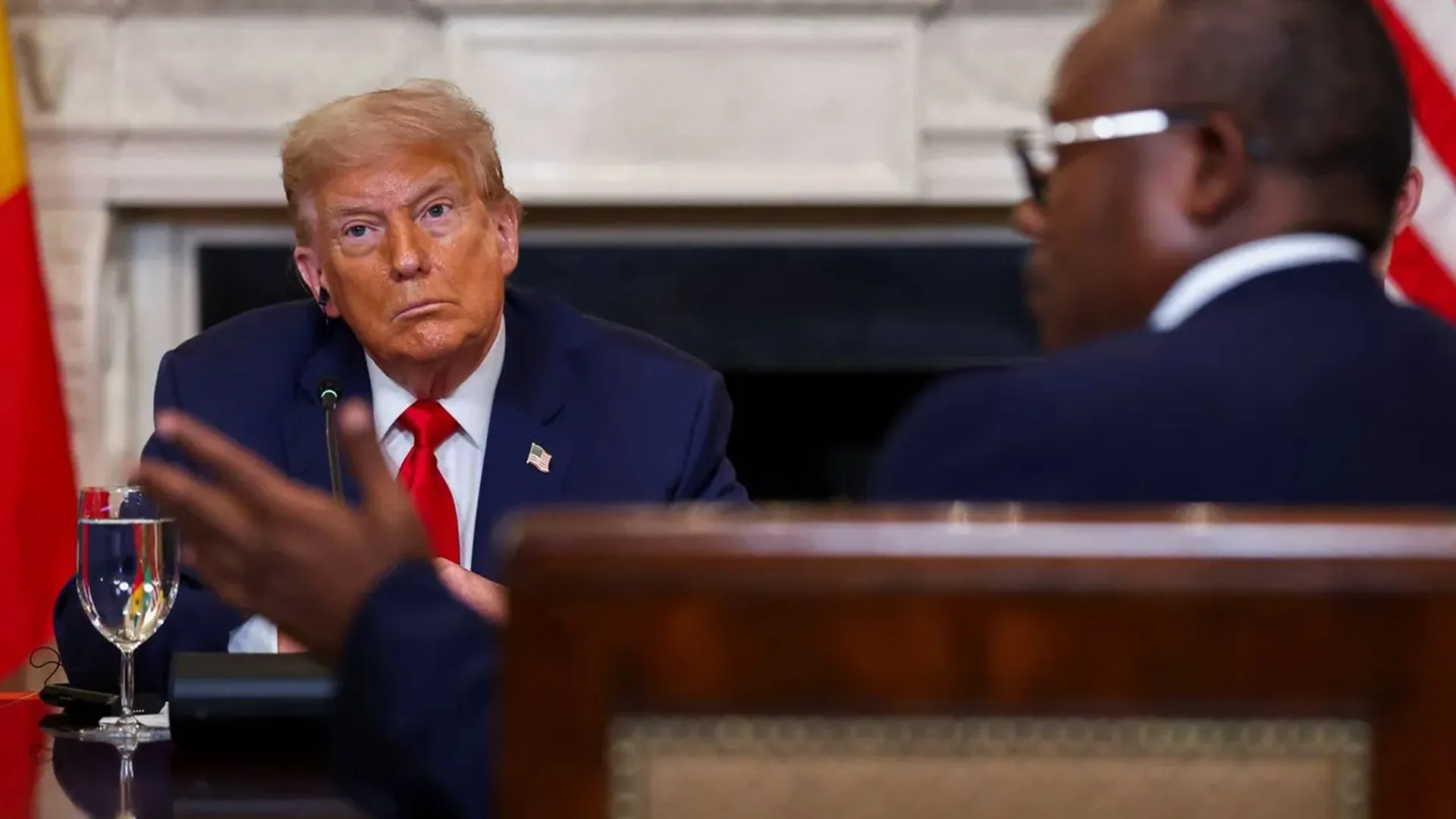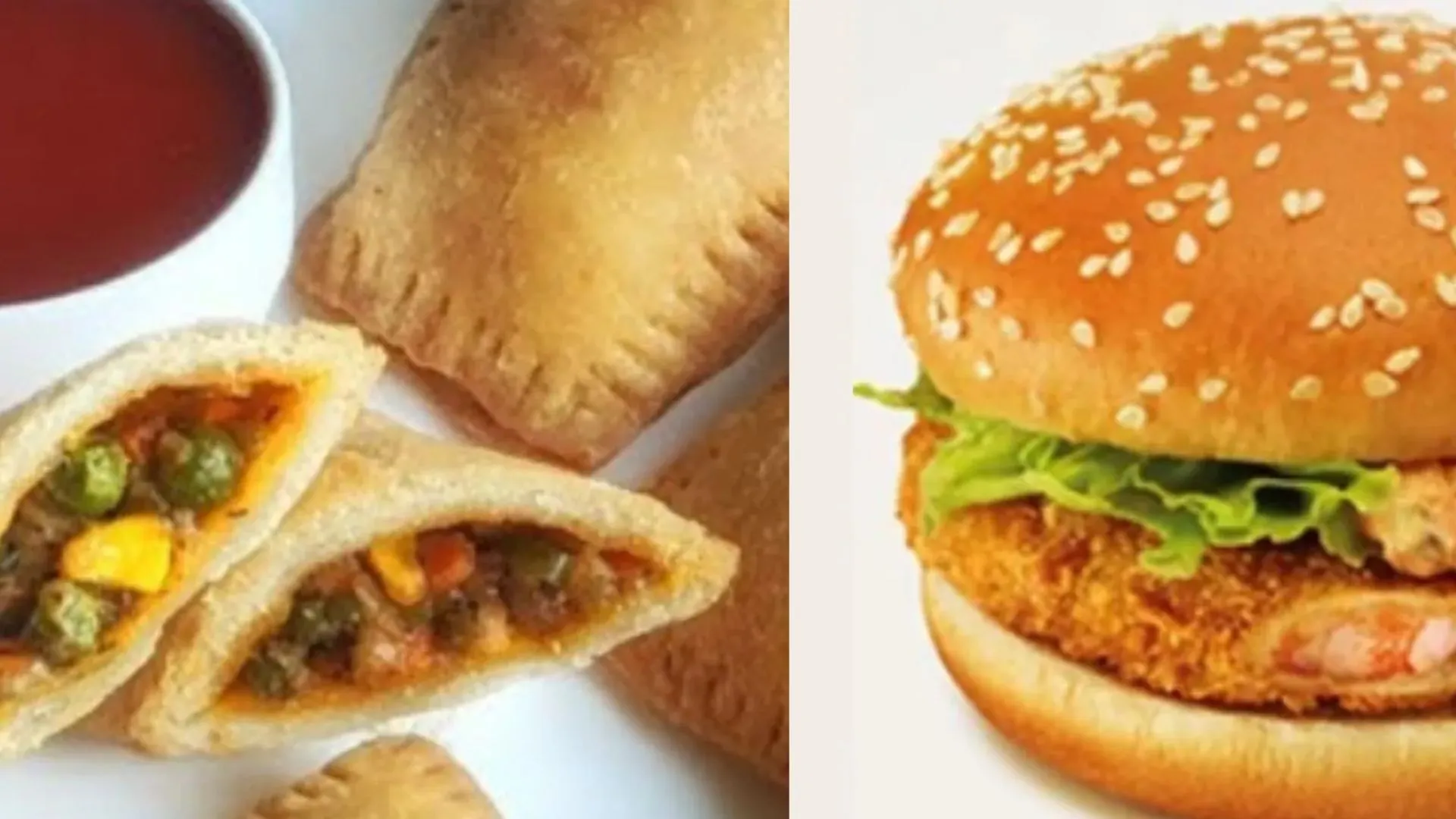India-US trade talks are stalled in a serious setback. The talks started last month in Delhi but have since come to a halt, as Indian authorities have charged the US with making unilateral, extractive demands without significant returns on offer. Genetically modified crop imports, dairy standards, digital services, pharmaceuticals, and medical devices dominate the list of contentious issues.
Unless the two countries reach a settlement by July 8, the US will impose steep tariffs of up to 26 per cent on India, ending the earlier reprieve under the “reciprocal tariffs” policy.
GM Crops and Farmers at the Centre of the Dispute
The Trump administration has asked India to reduce tariffs on US maize and soybean imports. India has declined, raising strong concerns regarding the effect on domestic farmers and public health risks due to genetically modified food. Official sources worry that the imports could overwhelm the market, dampen prices, and radically alter rural livelihoods.
The GM crop controversy is at the centre of India’s resistance, with policymakers fearing allowing foreign agribusiness interests to control domestic food and agriculture policy.
US Offers Little, Demands a Lot
India, in turn, had wanted zero-duty access to American markets for major exports such as textiles, leather, pharma, engineering goods, and auto components. But US negotiators rejected the demand, terming zero tariffs “not immediately possible.” Besides, the US desires India to eliminate price controls on medical devices and relax its digital data localisation regime—two extremely contentious areas in India’s regulatory and political ecosystem.
Bloomberg further indicated that Washington has requested India to open up its dairy industry. But India has strongly resisted, insisting that the US must first transform its animal feed habits, including the inclusion of non-vegetarian additives—something not tolerated under Indian dietary standards.
‘Take-It-Or-Leave-It’ Diplomacy
Indian negotiators characterise the US stance as one-sided and stiff. “The negotiations were supposed to be two-way, as decided. But the US side insisting on opening some key sectors does sound like a take-it-or-leave-it proposal,” said a senior official to Mint. Such an attitude has caused serious strain and held up the progress.
India is now facing the pressure to protect national interests without allowing the talks to go completely off the rails. Nevertheless, Trump’s latest pro-Pakistani actions, Kashmir statements, and acceptance of West Asian jihadist sympathisers have already put bilateral relations under strain.
Clock Ticking Towards Tariff Hike
With the July 8 deadline fast approaching, India has to either seek a compromise or prepare for a new tariff blow. Currently, the US seems in no mood to relent. If Washington persists with its attitude, the India-US trade relationship could go into a freeze for a long time, damaging business and further straining diplomatic relations.
For now, New Delhi is taking a tough line. But with no real give-and-take, a breakthrough seems unlikely.






















